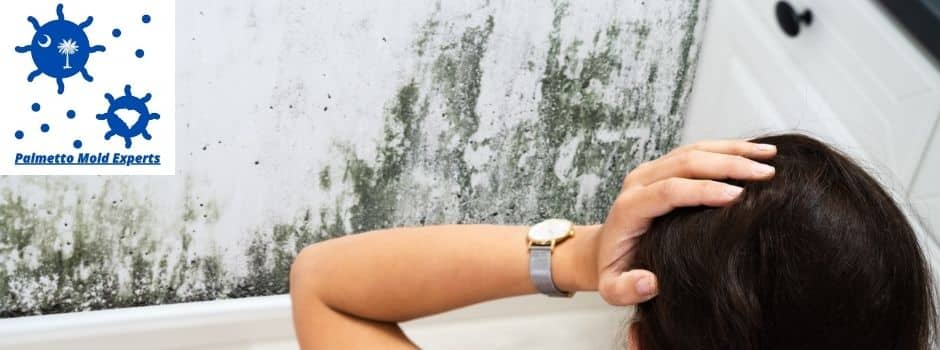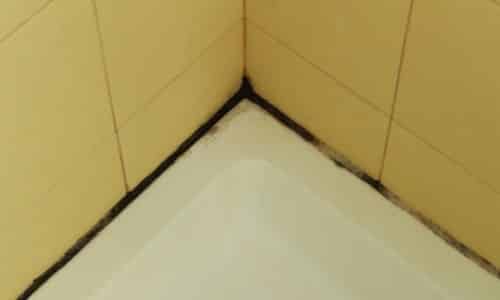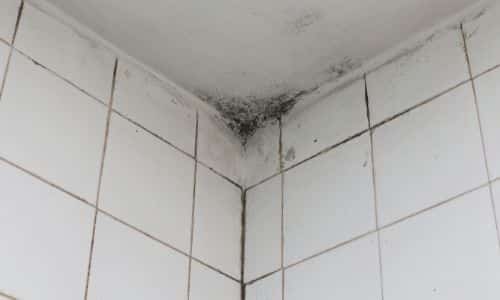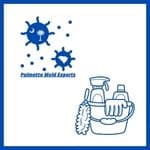
What to Do If You Find Mold in Your Home in South Carolina
What to do if you find mold in your South Carolina home? South Carolina is a perfect environment for the growth of mold thanks to the high humidity and temperature. Here are three signs to loo, the best ways to get rid of mold and remediation options. Listed below are the three most common types of mold. If you suspect that you have a mold problem, consult a professional.
Black mold
While it is possible that a mold infestation in your home is not a major concern, it is a serious matter to be concerned about. If you live in a South Carolina town with a history of flooding, chances are that you have a mold problem. As a matter of fact, recent severe weather events in South Carolina have led to more exposure to mold than in previous years. The resulting indoor mold exposure can cause health problems, including breathing problems, allergic reactions, headaches, and even asthma.
If you think you may have a mold problem, there are several steps you can take. Contact your local mold inspection company. The professionals at this company can perform an inspection of your home and identify any hidden mold growth that could pose a health risk. Listed below are some tips to help you decide if mold is a problem in your home. There are also numerous resources that can help you with the process. You can consult with the U.S. Environmental Protection Agency or one of the mold remediation companies in your area. You can also check your local South Carolina Department of Labor for mold licenses and general contractor licensing laws.
If you think your landlord is responsible for the mold growth in your home, you must contact the appropriate authorities and file a complaint. Fortunately, most landlords want to provide a safe home for their tenants and will do whatever they can to solve the problem. The South Carolina Department of Natural Resources provides helpful information about mold and how it affects air quality. There are a number of reasons why mold is so harmful, but the most important factor is that it has a negative impact on your health.
Stachybotrys chartarum
Some people are not able to tell if they have mold until they notice the smell and musty odor of the air. Other people may notice a foul smell in their home, but there are no visual signs. If you detect an unpleasant smell, you should contact a professional to assess the damage. Mold can be found in many places in the home, including hidden spaces such as walls, floors, and carpeting.
First, notify your landlord if you find mold. South Carolina landlords have a legal obligation to ensure that their properties are safe for their tenants, and they must remedy any structural issues that have occurred in the home. However, the first step in dealing with a mold problem is to give the landlord a chance to fix the problem. Most landlords are happy to help you find a mold-free home, and will take all necessary steps to eliminate the problem. If you are unable to find a professional to fix the mold problem, visit the South Carolina Department of Natural Resources' website for more information.
If you have a mold-infested home, it is important to get it repaired as soon as possible. Black mold is a serious concern, and exposure can lead to physical and mental illnesses. Black mold is especially dangerous, as it can cause mental impairment and skin inflammation. This type of mold usually grows in dark places without proper ventilation. To get rid of the mold in your home, you should hire a certified professional and have your home thoroughly checked.
To prevent mold from growing, you must remove the source of moisture. Close all windows and damp areas, and dry any items that are affected by the mold. If you can't eliminate the source of the moisture, you should replace the affected sheetrock and start over. Otherwise, you should remove the mold-infested materials and replace them with new ones. If you find mold in the bathroom, you should remove the affected area.
Non-porous materials
In the state of South Carolina, toxic mold has been included in the Residential Property Disclosure Statement (RPDS). The RPDS was revised in June 2013 and now includes information on the effects of mold on air quality and property. Many homeowners are unaware of an active mold problem and may have done their own clean-up. Others may have assumed the issue is already resolved and don't want to spend money on mold remediation.
If you've found mold in your home, you should immediately notify your landlord. It's important to provide written notice for documentation purposes. Your landlord has a duty to fix the problem within a reasonable amount of time. However, they are not responsible for cleaning up new mold issues that are discovered later. If you find mold, contact your landlord immediately and ask them to fix it. This can prevent further damage and costs.
In addition to the smell of mold, you may also notice a musty odor. Mold may be hiding in hidden spaces, and the odor may not be immediately apparent. Symptoms of an infestation may include a stuffy nose, coughing, or difficulty breathing. Mold infections can lead to serious respiratory issues and worsening chronic diseases. If you notice any of these symptoms, contact your health care provider immediately and begin drying out your home as soon as possible.
Most renters are the victims of toxic mold lawsuits. Even if you don't suspect a mold infestation, you should contact your landlord and discuss the matter with them. If your landlord is unwilling to make the necessary repairs, you may have grounds to sue for damages and lost rental income. Mold issues are a major problem in Charleston, and the sooner you catch them, the better.
Relative humidity levels
Increasing relative humidity levels in a home can make it easier for mold to grow. The temperature range in the Carolinas is between sixty and eighty degrees Fahrenheit, which provides an ideal environment for various types of molds to grow. Not only can high humidity cause unpleasant odors and visual damage, but it can also pose a health risk. High relative humidity also makes it easier for mold to grow, causing air pollution and health problems. Plus, too-humid air can make you turn on your air conditioner and use more energy, increasing your utility bills.
If you find mold in your home in South Carolina, the most important thing to do is control the moisture level in the home. Mold cannot thrive in high humidity levels, so the overall humidity level should be kept between thirty and fifty percent. To achieve this goal, you should use a dehumidifier or air conditioner during humid months, and install exhaust fans in bathrooms and kitchens. Lastly, you should avoid installing carpet in high-wet areas, and get rid of flooded carpets.
When you find mold in your home, the first step to take is to reduce the relative humidity in your home. High humidity can lead to an acceleration of mold growth, lower heating efficiency, and create an ideal habitat for pests. Low humidity can lead to structural problems in your home, including wood rot and siding damage. Managing the humidity level in your home is crucial to your family's health and the comfort of your home.
If you suspect that mold is growing in your home, you should consider the relative humidity levels of the air in your home. This is especially true if you have an asthma diagnosis. People with a mold allergy should avoid living in areas with high levels of humidity. Likewise, if you're concerned about asthma or allergies, you should avoid mold completely. However, if the mold is only present in one area, you can try to clean up the affected areas as soon as possible.
Remediation options
There are various methods to remediate a home with mold, and a professional cleaner can use techniques that aren't covered in this publication. For example, cleaning up mold in carpets can cause cosmetic damage, so you should avoid attempting to clean them yourself. You should also fix plumbing leaks to prevent mold from returning. Once you have cleaned up the mold, make sure that you dry everything thoroughly.
Professional mold removal companies will use negative air machines and dehumidifiers. These machines must run almost continuously. They will cause significant noise throughout the property, disrupting sleep for some people. Some machines can be turned off during the day, but not in large cases. If you're worried about the temperature in your home, ask a mold remediation technician whether it's safe to leave the unit running all night.
Remediation options if you find mold at home in South Carolina tend to be less costly than replacing entire rooms. Depending on the location of the mold in your home, you can also choose to remove only part of it and save money by only cutting out and replacing that one corner. The remaining rooms should be cleaned and the damaged drywall will need to be replaced. For some people, mold remediation is not the best option.
If you find mold in your home in South Carolina, you should contact a professional immediately for a mold test. Mold is a health hazard, and if you let it grow, it can cause structural damage to your home. It will also destroy your possessions. The sooner you take action, the less expensive it will be to restore your property. There are many remediation options available for a home with a mold infestation, and you should consider each one of them.


Need help with a mold problem in South Carolina? Find the mold service that is right for you:
- Mold Inspection
- Mold Remediation
- Mold Removal
- Mold Testing
- Commercial Mold Remediation
- Commercial Mold Removal

